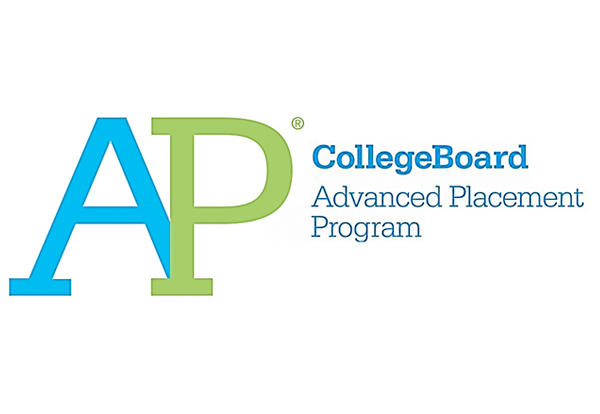Conflict is an inevitable part of human interaction, and how we manage and resolve conflict can significantly impact relationships, productivity, and overall well-being. Proper conflict resolution requires a combination of effective communication, empathy, active listening, and a willingness to collaborate towards a mutually beneficial solution.
According to research by the American Psychological Association (APA), one of the most critical aspects of conflict resolution is maintaining open and honest communication. Expressing one’s thoughts and feelings clearly and respectfully can help prevent misunderstandings and reduce the escalation of conflicts.
Dr. John Gottman, a renowned psychologist and researcher, emphasizes the importance of “soft startups” in communication, where individuals approach conflicts with gentleness and understanding rather than aggression or defensiveness.
Furthermore, empathy plays a key role in conflict resolution by allowing individuals to understand and acknowledge the perspectives of others. When we practice empathy, we create a sense of connection and trust that is essential for finding common ground and resolving conflicts constructively.
As author and educator Brené Brown aptly puts it, “Empathy has no script. There is no right way or wrong way to do it. It’s simply listening, holding space, withholding judgment, emotionally connecting, and communicating that incredibly healing message of ‘You’re not alone.'”
Active listening is another crucial component of proper conflict resolution. This involves giving full attention to the speaker, acknowledging their feelings, and asking clarifying questions to ensure a deep understanding of the issues at hand.
By actively listening, individuals demonstrate respect and validation, paving the way for collaborative problem-solving. In the words of Stephen Covey, author of “The 7 Habits of Highly Effective People,” “Seek first to understand, then to be understood.”
In addition to communication, empathy, and active listening, a consistent and effective conflict resolution strategy also involves a commitment to cooperation and compromise. Collaboration allows conflicting parties to work together towards finding solutions that address the needs and interests of all involved.
Research conducted by the Harvard Negotiation Project highlights the benefits of principled negotiation, where individuals focus on interests rather than positions and strive to generate options for mutual gain.
In conclusion, proper conflict resolution entails a multifaceted approach that encompasses effective communication, empathy, active listening, and collaboration. By embracing these principles and strategies, individuals can navigate conflicts with integrity, respect, and a commitment to fostering positive outcomes for all parties involved.
As American author and poet Maya Angelou once said, “We all should know that diversity makes for a rich tapestry, and we must understand that all the threads of the tapestry are equal in value no matter their color.”










Alicia Cabalar • Mar 20, 2024 at 1:12 pm
this is really informational 🙂